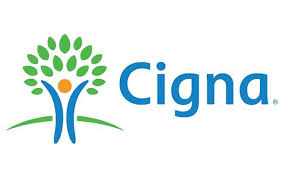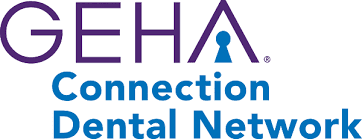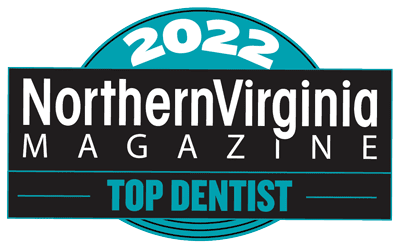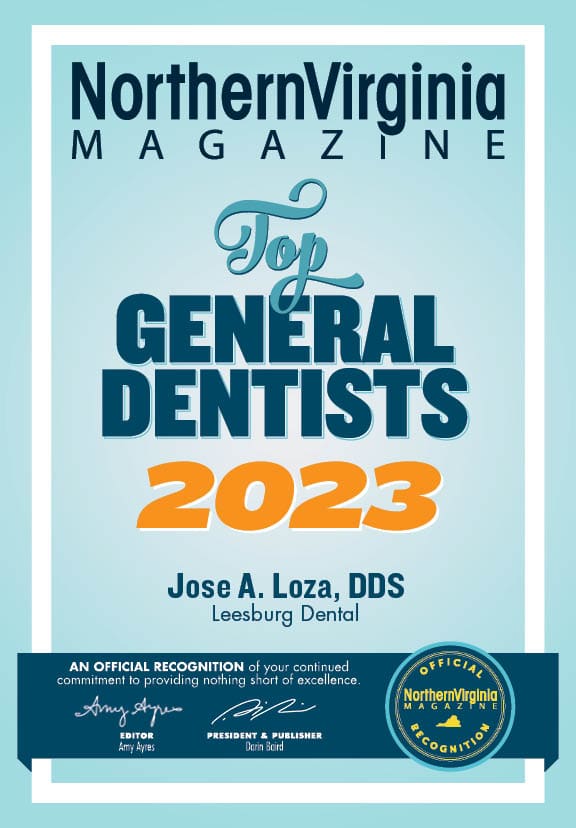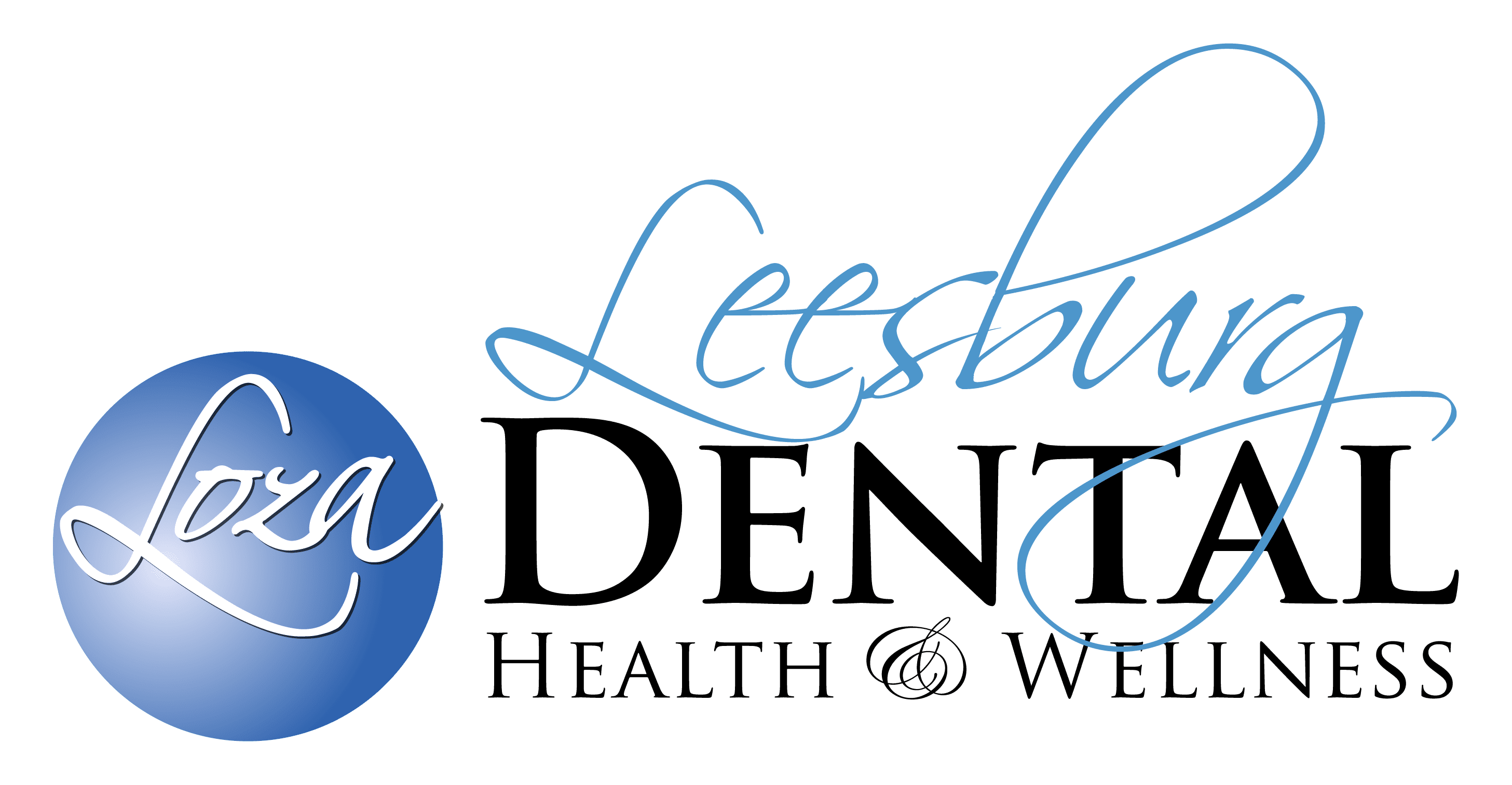Dental Implants
Leesburg Dental: Your Trusted Partner for Long-Lasting Smiles with Dental Implants
Missing teeth can significantly impact your daily life, affecting your confidence, speech, and ability to eat comfortably. Fortunately, dental implants offer a revolutionary solution, restoring both the function and aesthetics of your smile. At Leesburg Dental, we’re dedicated to providing top-notch dental implant services, utilizing the latest technology and personalized care to create a treatment plan that’s right for you.
What are Dental Implants?
Dental implants are small, biocompatible titanium posts surgically inserted into your jawbone. These posts act as artificial tooth roots, providing a strong foundation for permanent replacements like crowns, bridges, or dentures. Unlike traditional options, implants fuse with the jawbone through a process called osseointegration, creating a stable and long-lasting solution.

Benefits of Dental Implants:
- Natural look and feel: Implants seamlessly blend in with your remaining teeth, mimicking their appearance and functionality for a natural-looking smile.
- Improved speech: Missing teeth can affect your speech clarity. Implants restore proper jaw support, allowing you to speak confidently and clearly.
- Enhanced chewing ability: Implants function like natural teeth, allowing you to enjoy a wider variety of foods without discomfort.
- Durability and longevity: Dental implants are built to last, with a success rate exceeding 95%. With proper care, they can function for decades.
- Improved oral health: Implants prevent bone loss in the jaw, which can occur with missing teeth. They also contribute to better overall oral hygiene by allowing for easier cleaning.
- Increased self-confidence: A restored smile can significantly boost your confidence and self-esteem, allowing you to smile freely.
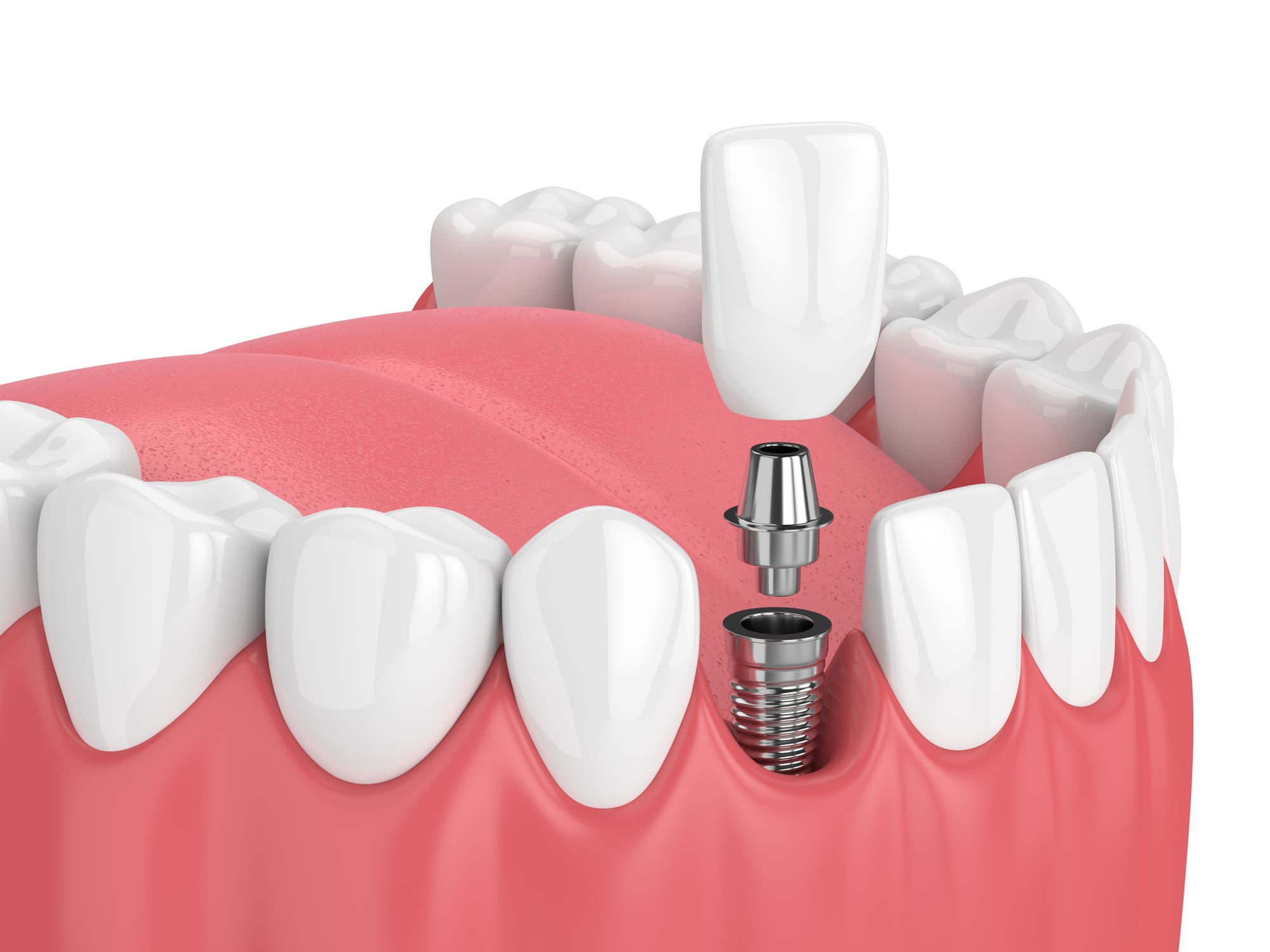
Types of Dental Implants:
Different implant types cater to varying situations. Here’s a breakdown of some common options:
- Single Tooth Replacement: This involves placing one implant for each missing tooth.
- Implant-Supported Bridge: Multiple implants support a bridge that replaces several missing teeth. This offers a stable and natural-looking alternative to traditional bridges.
- Implant-Retained Dentures: A few strategically placed implants stabilize full dentures, preventing slipping and discomfort.
- All-on-4/All-on-6 Implants: This technique uses four or six implants to support a full arch of fixed dentures, offering a fast and efficient solution for replacing all teeth in an upper or lower jaw.
The Dental Implant Procedure at Leesburg Dental:
Our experienced team will guide you through every step of the dental implant process, ensuring a smooth and comfortable experience. Here’s a general overview:
- Consultation: We discuss your dental health, goals, and expectations. X-rays or CT scans might be taken to assess your jawbone and suitability for implants.
- Treatment Planning: We develop a personalized treatment plan based on your unique needs, including the number and type of implants needed and potential pre-surgical procedures.
- Implant Placement: The implant surgery is performed under local anesthesia or sedation, depending on your preference and the complexity of the case.
- Healing & Osseointegration: The jawbone heals around the implant, creating a strong foundation (typically 3-6 months).
- Abutment Placement: Once healed, a small connector piece (abutment) is attached to the implant.
- Crown/Bridge/Denture Placement: The final restoration (crown, bridge, or denture) is securely attached to the abutment, completing your implant treatment.
Dental Implant FAQs:
- Am I a candidate for dental implants? Several factors determine suitability, such as jawbone health and medical history. A consultation with our Dr. Loza or one of our other experienced dentists will help determine if implants are right for you.
- Does the implant procedure hurt? Local anesthesia or sedation ensures minimal discomfort during the surgery. You might experience some soreness after the procedure, but this can be managed with pain medication.
- How long does the implant process take? The timeframe varies depending on the number of implants, healing time, and type of restoration. On average, expect 3-6 months for single implants and potentially longer for complex cases.
- How much do dental implants cost? The cost depends on several factors, including the number of implants, type of restoration, and any additional procedures needed. We offer consultation to discuss treatment options and costs in detail.
- How do I care for dental implants? Maintaining good oral hygiene is crucial. Regular brushing, flossing, and professional dental cleanings are essential for long-lasting implant success.
Contact Us!
If you are missing a tooth, or may need to have a tooth pulled, a dental implant may be a permanent and undectible solution.
Hours Of Operation
Mon - 8am to 5pm
Tues - 9am to 6pm
Wed - 8am to 5pm
Thurs - 9am to 6pm
Friday 8am to 1pm
Areas Served
Leesburg, VA
Purcellville, VA
Ashburn, VA
Lovettsville, VA
Winchester, VA
Round Hill, VA
Berryville, VA
Charles Town, WV
Insurances We Accept


